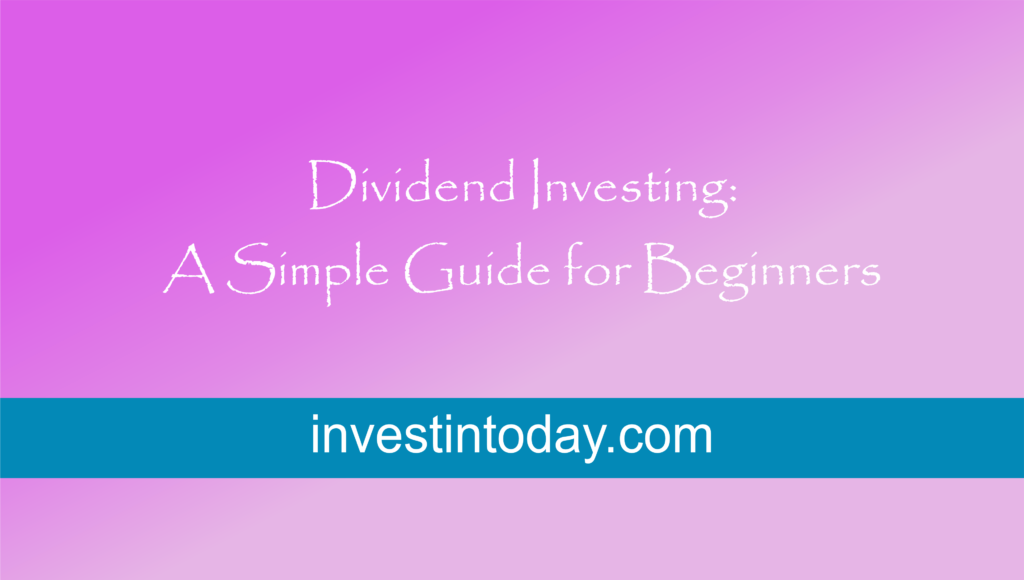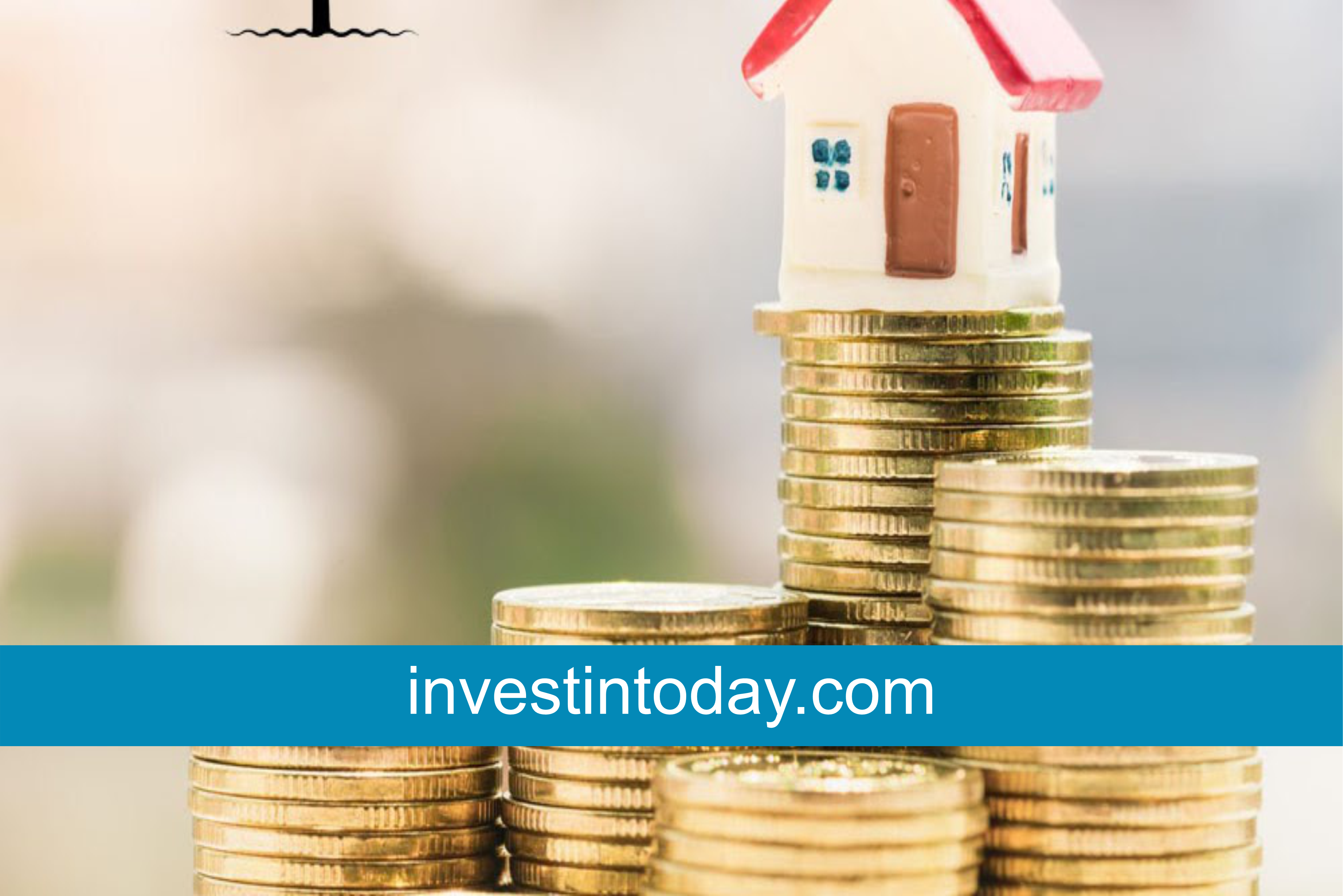Introduction
So, let us talk about dividend investing. Honestly, when I first heard about it, I thought it sounded too good to be true. Like, “Wait, they just pay you money for holding onto their stock? What’s the catch?” But really, it is not that Comley.
Dividend investing is pretty much a way to earn money while you sit back and watch your investments grow. It is not a jackpot kind of deal—more like a long, steady climb. If you have ever wished for an extra source of income without doing much, this might just be your thing. Let me go through it step by step.

What Are Dividends?
Dividends are payments that companies give to shareholders. Think of it as the company’s way of telling, “Thanks for sticking with us!”
- How Dividends Work:
If you own 50 shares of a company, and the company pays $2 per share yearly, you will earn $100 without having to sell anything. Companies usually pay dividends every three months, but some do it yearly or even monthly. - Why Companies Pay Dividends:
- To keep investors happy.
- To prove that they are financially good.
To attract more people to invest in their stocks.
Why Should You Consider Dividend Investing?
1. It is Like Free Money
Okay, maybe not exactly free, but it feels like it. You get paid just for patience onto your shares.
Example:
If you are saving up for a new phone or laptop, those dividend payments can add up and help you reach your goal faster.
2. Your Money Can Grow Over Time
Instead of spending your dividends, you can use them to buy more shares. Over time, this means you will earn even more dividends because you own more shares.
Simple Analogy:
It is like planting seeds from one tree to grow more trees. Before you know it, you have a whole garden giving you fruit—or money, in this case.
3. It is Safer Than Betting on Trendy Companies
Dividend-paying companies are usually big and steady. They may not grow super fast, but they are less likely to crash.Interesting Fact:
Even when the market is down, many dividend-paying companies still send out dividends. It is like having a small safety net for your investments.
How to Get Started
Step 1: Set a Goal
Decide what you want to achieve. Do you want extra income now, or are you looking to grow your savings for the future?
Example Goal:
“I want to earn $500 a month from dividends in the next four to five years.”
Step 2: Find Good Companies
Not every company pays dividends, and not all dividend-paying companies are good investments. Here is what you should look for:
- Dividend Yield:
This shows how much a company pays in dividends compared to its stock price. If a stock costs $100 and pays $4 annually, the yield is 4%. Be cautious with super high yields—sometimes that means the company is struggling. - Reliable History:
Look for companies that have been paying dividends for years and regularly increase them. - Payout Ratio:
This tells you how much of the company’s profits go toward paying dividends. A good ratio is under 60%, so they have enough left over to grow.
Step 3: Spread Your Money Around
The investor should not invest in one company for instance putting all the investment in a single company’s stock. Risk is obliged to be diversified and managed so as to maintain long-term development.
Diversification on their investments enables one avoids holding substantial stakes that would be impacted heavily by the decline of a given industry. It is exactly like this, when it comes to feeding your pocket; a little bit of everything is actually pretty good for you and financially sustainable.
For instance instead of investing in just technology sector investments you can invest in sectors such as health, manufactured goods, energy and or financial services.
High techs are associated with high growth, but healthcare can be more defensive during recession times; whereas consumer goods stocks should normally perform better.
It often doesn’t have to be different industries, but can be different geographical locations or even different types of assets.
Diversify with the international markets, bonds or real estate as an extra measure. The result is buffering because it makes your portfolio less likely to be heavily impacted by a particular market or industry at a given time and take advantage of the conditions in a different market or industry.
You may use diversification as armor against uncertainty in diversification as a way of systematic financial management.
Step 4: Open a Brokerage Account
You will need a brokerage account to buy and hold dividend-paying stocks. Many platforms even let you reinvest your dividends automatically, making it easier to grow your investments.Quick Thought:
Think of your brokerage account as a vault where you store all your money-making tools.
What Could Go Wrong?
1. Dividends Are Not Guaranteed
Even if a company pays dividends now, it does not mean they always will. If they face financial trouble, dividends are often the first thing to go.
Example:
During the COVID-19 pandemic, some companies stopped paying dividends to save money.
2. Stock Prices Can Fall
Even if you are earning dividends, the value of your shares might drop. If you need to sell during a downturn, you could lose money.
3. Inflation Can Reduce Your Earnings
If inflation rises faster than your dividend income, your money may not stretch as far as it used to. This means the purchasing power of your dividends could decline over time, impacting your ability to cover expenses or reinvest effectively.
To combat this, consider diversifying into investments with growth potential or inflation-protected assets.
Is Dividend Investing Right for You?
Dividend investing could be a good fit if:
- You want regular income without selling your shares.
- You prefer stable, reliable companies over risky startups.
You are okay with being patient and letting your money grow slowly.
Final Thoughts:
Okay, so that’s the basic of what dividend investing is all about. It sounds very simple, but it isn’t brain surgery, it’s just about being organized and having a little bit of time on your hands. You’ll not become a millionaire within a week, but that is not a problem—nothing good can happen within a week.
If one could envision gardening, then one should compare it with planting in a garden. First of all, it seems an awfully long time and nothing seems to be going on. But one fine morning you will realize all that you have been doing is paying off now and you are rewarded.
The beauty of dividend investing is in its simplicity, and the relatively steady, compounded value it creates. In the long run, you can reinvest that money and the returns make much more sense than initial cumulative figures may indicate.

If you’re willing to take on that challenge, start small. Some research, look for some companies you personally believe to be trustworthy and let your money make your decision. Besides, it will make you very wise when those dividends arrive and your stocks portfolio starts giving you regular returns.
